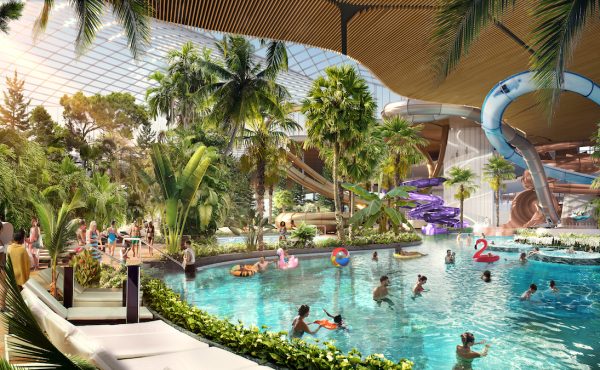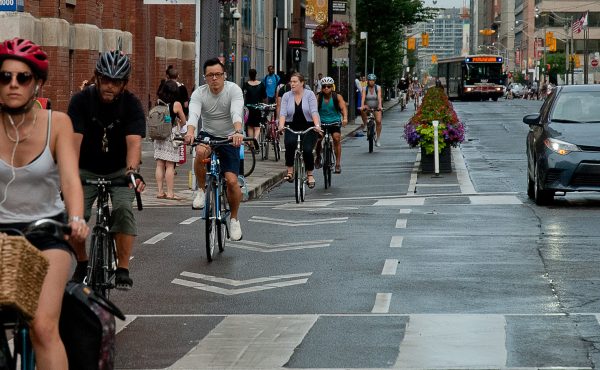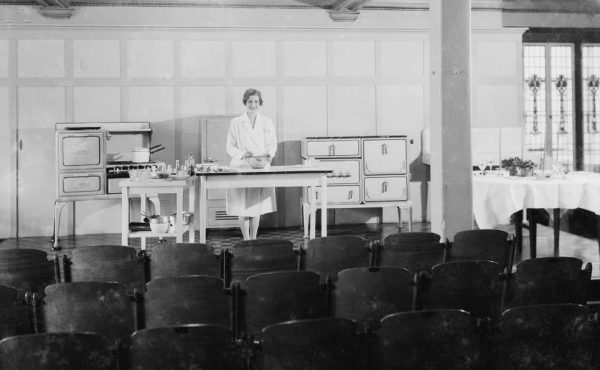We’re (myself and Matt Blackett) at the Ontario NDP leadership convention in Hamilton, looking to see what the NDP candidates have to say about the issues affecting cities in Ontario, and Toronto in particular.
Six of the ten NDP MPPs at Queen’s park are from urban ridings, and three of the four candidates are former city councillors, so one might expect quite a lot of attention to urban issues in the candidate’s platforms.
However, only one, Michael Prue, has a section of their online platform devoted specifically to cities. Prue shows his familiarity with the crucial problems affecting cities in Ontario, promising to abolish the Ontario Municipal Board for large cities and give all cities over 50,000 their own charter on the model of the City of Toronto Act, and also to give cities the right to implement income and other types of taxes, not just property taxes and fees. It’s a fairly radical platform that recognizes that 21st century cities cannot be governed my a model designed for 19th century towns.
In his speech (they’ve just finished), Prue made his cities plan one of three pillars of his platform.
The main urban issue addressed by Horwath and Tabuns in their platforms is the importance of transit, in particular light rail transit. However, they tie this issue closely with a “Buy Ontario” policy (also part of Prue’s platform), specifically having the light rail vehicles built at the Bombardier plant in Thunder Bay. This policy makes sense from a provincial government point of view, but it’s more debatable from a municipal point of view, because it would mean that cities would only have one choice of supplier, and would not necessarily get the most affordable option or, in the case of Toronto in particular, the vehicle best suited for their system. Bear in mind that Toronto already has experience with “Buy Ontario” transit, in the orphaned Scarborough Light Rail technology, which is not integrated with the rest of the system and is now difficult to maintain. While Bombardier is a much more established company than the one that built the Scarborough LRT, so they are not directly comparable, it’s still an experience that we have to bear in mind.
For both Horwath and Tabuns, transit (built in Ontario) was the main urban issue they mentioned in their speeches, neither in a lot of depth. Tabuns also took a bit of a swipe at Bisson, who had argued against “people who think that the next leader should come from Toronto to get the urban vote” and talked up his northern Ontario background. Tabuns said “I reject the notion that if you’re pro-city, you’re against everything else” — but then didn’t really say all that much on specifically city issues.
In his online platform, Tabuns does have sections devoted to specific demographic groups who are concentrated in cities — immigrants, and artists — which would apply to some extent to urban issues.
Horwath’s platform is perhaps the most disappointing, because she has specific sections on rural Ontario and Northern Ontario. A section on urban issues would seem to have been a logical complement to these, especially from a former city councillor of one of Ontario’s largest cities.
(Voting for the first ballot is currently taking place. First ballot results will be announced at 4:45, with further ballots to follow if necessary).
You can follow our coverage of the NDP leadership convention on Twitter as well: http://twitter.com/Spacing. Or search #ndprace to see everyone who is Twittering about it.




3 comments
This post would have been extremely helpful if it had appeared online 15-30 minutes earlier.
Sorry Thunder Bay, but those jobs are needed in the cities that will operate those streetcars. There are thousands of people from Oshawa to St. Catherines with the necessary skills. Even if some moved to TB to take jobs at the plant there, that only further devastates the outer GTA economy by pulling capital out. That commuter railcars are made in a city which does not and will never need them is an oddity of history not sound industrial policy.
Bombardier also makes our current subway trains, and I don’t hear too many complaints about them. They are also making out new subway trains, which look to be quite cutting edge.
If you want to tackle the “Buy Ontario” transit policy, I would have focused on Orion. More often than not their buses have continued to be letdowns, yet Toronto is forced to buy them because of Buy Ontario policies. Hopefully it is true that Toronto is going to say TS to Orion and go with Alberta’s New Flyer for future bus purchases.